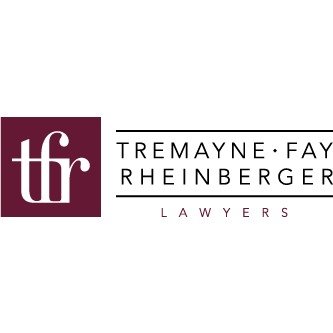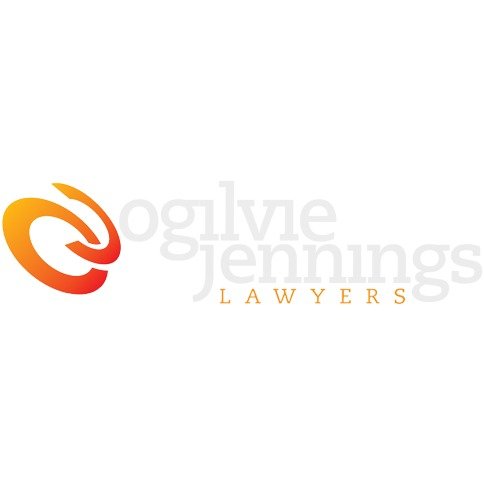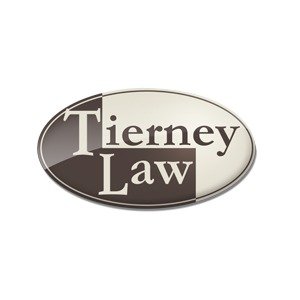Best Personal Injury Lawyers in Hobart
Share your needs with us, get contacted by law firms.
Free. Takes 2 min.
List of the best lawyers in Hobart, Australia
About Personal Injury Law in Hobart, Australia
Personal Injury Law in Hobart, Australia, like in other parts of the country, concerns civil litigation for injuries resulting from another person's negligence. These injuries might be physical, emotional, or psychological. The laws involve understanding who is at fault, the extent of damages sustained, and determining the compensation a victim is entitled to. In Hobart, the legal system requires prompt reporting of personal injury cases, often within three years after the incident occurred. However, exceptions may apply in certain circumstances.
Why You May Need a Lawyer
Legal help may be required when determining fault or liability for an accident is complex or when the injury sustained has caused serious harm or disability. In situations where an insurance company refuses to pay a fair amount, or when injured at a public place, seeking legal representation is crucial. Also, a lawyer can greatly assist in identifying potential damages and recover full compensation. Legal help is also pivotal when a victim sustains injuries in a motor vehicle accident, workplace, or because of medical negligence.
Local Laws Overview
In Hobart, the local laws applicable to Personal Injury include the Personal Injuries Liabilities Act of 2003 and the Motor Accidents Injuries Act 2017. These laws point out the duties and standards of caution that individuals and organizations should observe in their activities. They help in determining negligence or fault. For motor accidents, no-fault statutory benefits are given to children under 16 and to those severely injured, irrespective of who caused the accident. The Workers Rehabilitation and Compensation Act 1988 outlines the obligations employers have, to their employees and provides for injury compensation.
Frequently Asked Questions
1. What kind of damages can I claim?
You can claim compensation for medical treatment costs, lost earnings, pain, suffering, and loss of enjoyment of life, among other heads of damage depending on the facts of your case.
2. How much compensation will I receive?
The amount of compensation you receive depends on several factors, like the severity of your injury, the impact on your income, future care needs, and other losses related to the injury.
3. Do I have to go to court?
While many cases settle out of court, you may need to pursue court action if the parties involved cannot agree to a settlement. Your lawyer can guide you through this process.
4. Is there a time limit in bringing a personal injury claim?
Yes, generally, you should begin proceedings within three years of the date of accident. Exceptions may apply in certain cases like for children or incapacity.
5. Can I claim if an injury has worsened my pre-existing condition?
Yes, you can make a claim for an injury or the worsening of a pre-existing condition if it was caused by another person's negligence.
Additional Resources
For more information and assistance, consider reaching out to local legal aid services, the Law Society of Tasmania, or the Magistrates Court of Tasmania. They can provide more personally tailored advice and resources. Government bodies like the WorkCover Tasmania may also provide relevant information and advice for workplace-related injuries.
Next Steps
If you need legal assistance, start by collecting all documents and evidence related to your injury. Schedule an appointment with a personal injury lawyer and bring all your documentation to the meeting. Your lawyer will help you understand your rights, the process, and what compensation you may be entitled to. Remember, the sooner you act, the better it can be for your case.
Lawzana helps you find the best lawyers and law firms in Hobart through a curated and pre-screened list of qualified legal professionals. Our platform offers rankings and detailed profiles of attorneys and law firms, allowing you to compare based on practice areas, including Personal Injury, experience, and client feedback.
Each profile includes a description of the firm's areas of practice, client reviews, team members and partners, year of establishment, spoken languages, office locations, contact information, social media presence, and any published articles or resources. Most firms on our platform speak English and are experienced in both local and international legal matters.
Get a quote from top-rated law firms in Hobart, Australia — quickly, securely, and without unnecessary hassle.
Disclaimer:
The information provided on this page is for general informational purposes only and does not constitute legal advice. While we strive to ensure the accuracy and relevance of the content, legal information may change over time, and interpretations of the law can vary. You should always consult with a qualified legal professional for advice specific to your situation.
We disclaim all liability for actions taken or not taken based on the content of this page. If you believe any information is incorrect or outdated, please contact us, and we will review and update it where appropriate.














